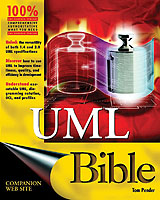- ホーム
- > 洋書
- > 英文書
- > Business / Economics
Full Description
Urban segregation caused by housing differentiation has always been a hot issue of urban development, especially in the period of rapid urbanization in China. Drawing upon housing mixed neighborhoods as the platform, the concept of housing mix has been prevalent as a policy intervention to foster an inclusive urbanization. This book endeavors to root the theoretical propositions underpinning housing mix in the Chinese context. It follows the trajectory of housing mix policies in urban China and roots its practices of housing mixed neighborhoods in the Shenzhen city as a case study. In an era of transformation from exclusionary housing to inclusionary housing in China, this book contributes to valuable insights for promoting a more inclusive urban settlement through housing mix intervention.
Contents
Chapter 1-Introduction.- Part Ⅰ-Housing Mix Policies and the Theoretical Framework.- Chapter 2-Housing Mix-International and Chinese Policies.- Chapter 3-Inclusive Housing- Mixed Types and Expected Outcomes.- Chapter 4-Intergroup Social Capital as the Inclusive Mechanism.- Chapter 5-The Theoretical Framework of Housing Mix.- Part Ⅱ-Chinese Practices- From Theoretical Assumption to Empirical Evidenc.- Chapter 6-Methodological Design for Empirical Analysis.- Chapter 7-Interrelations among Housing Mix, Social Capital and Subjective Wellbeing.- Chapter 8-Discussion and Policy Implication.- Chapter 9-Conclusion.








